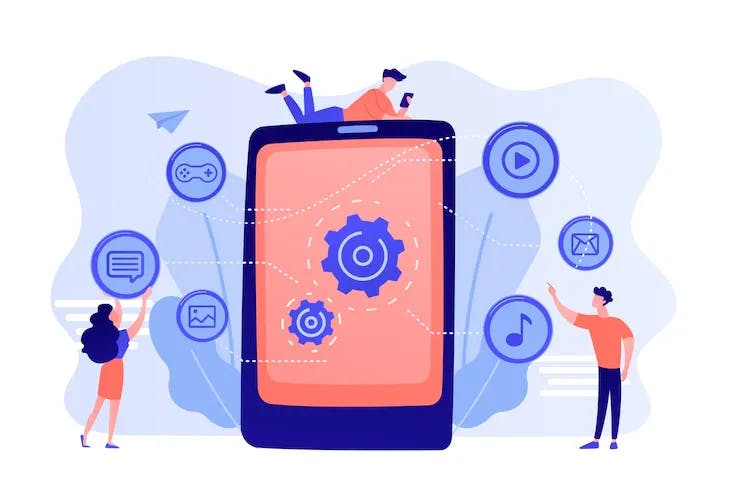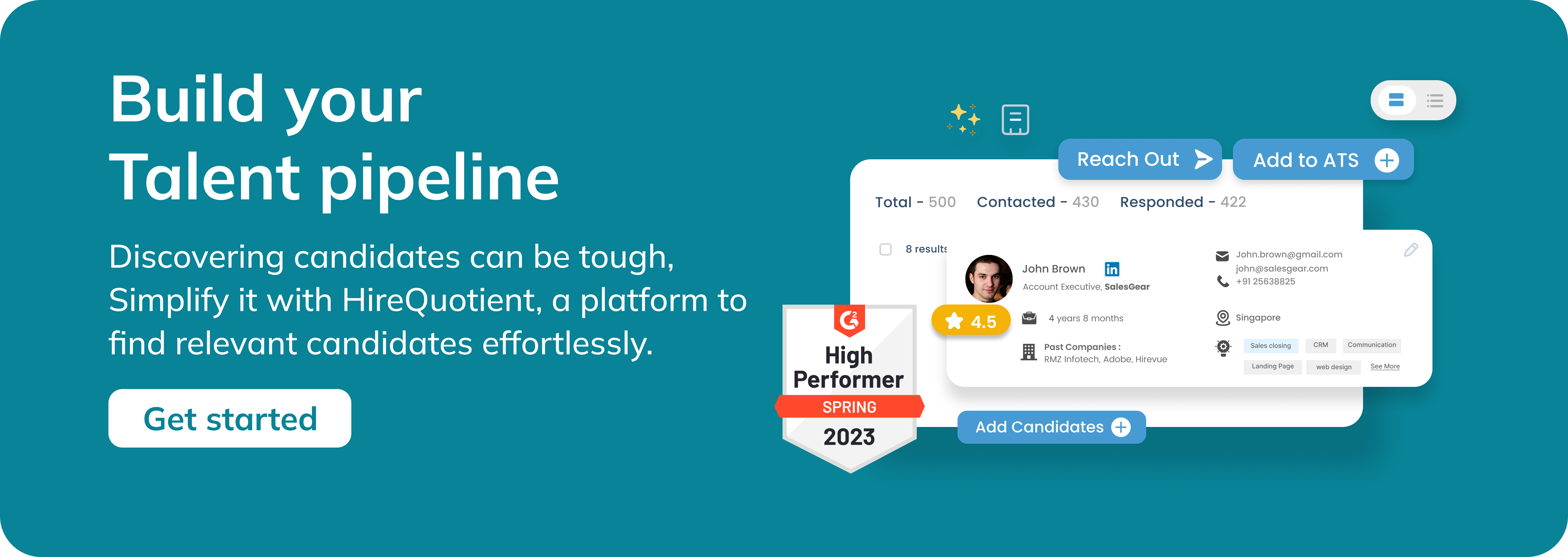Gamification in recruitment: An Innovative way to hire the right talent
Published on December 2nd, 2022
The idea of gamification is not new. Although it has been around since 2004, when Google initially released it, its popularity began to rise about 2010.
Since that time, it has endured as a fruitful instrument for raising customer and employee engagement in a targeted manner. Gamification, expressed simply, is the introduction of game features into non-game contexts.
People have a tendency to remain with what they are familiar with, but businesses may easily change this by utilizing game strategies. Gamification offers healthy competition and the chance for advancement, particularly in the recruitment process.
Additionally, it enhances the candidate experience and encourages individuals to approach problems in novel ways
Why Implement Gaming in Recruitment?
Our brain is more active when we are engaged in activities we enjoy. We are able to take in and assimilate more information as a result, which is necessary for learning. Learning suddenly becomes more enjoyable for the individual when gamification techniques are used, and it's a great tool for learning and developing a goal-oriented attitude.
Gamification, according to recruiting specialists, can increase interest in job vacancies, present a creative image of a business, and provide precise predictions of future job performance for applicants.
According to Karl Kapp, a professor at Bloomsburg University in Pennsylvania and the author of The Gamification of Learning and Instruction, some businesses do in fact use game-like scenarios to evaluate potential employees' suitability for particular positions (Pfeiffer, 2012). According to Kapp, firms that strongly rely on the creation of computer code frequently hold coding challenges to find the best applicants. With this method, programmers are given challenging and career-relevant challenges to tackle.
If programmers are able to solve them, the game keeps advancing to harder issues, and in the end, they might receive a job offer, according to Kapp. However, businesses must exercise caution when employing games to select candidates for positions. According to Kapp, the obstacles in the games must highlight the "special talents needed" for a given career, and the goals and functions of the game should be closely related to the responsibilities of the role.
Some recruiting games provide candidates a realistic look at the job while introducing them to professions they might not have otherwise explored. According to Katherine Jones, vice president of human capital management technology research at Bersin by Deloitte in Oakland, California, "game simulations that mimic what the task really looks like can be quite beneficial, whether playing against oneself or other people." "And many also assist candidates in determining for themselves whether this is a career they truly want."
Advantages of Gamification of Recruitment
Make hiring more effective and efficient
CX gamification works in two ways: first, it enhances the candidate experience; second, it streamlines and improves the effectiveness of your hiring procedure.
Gamification shortens the hiring cycle by helping you to narrow down and choose candidates who are most qualified for the open position. Based on the insights you acquire from the games, you will know exactly who to invite for an interview.
In addition, the application procedure is more enjoyable for the applicants and offers a secure setting for them to demonstrate their abilities and potential. Not only that but unlike conventional assessment forms, it may be finished in as little as 15 minutes.
Unbiased assessment
A gamified assessment has less blatantly clear solutions that fit societal norms. Gamified assessments frequently do a better job of hiding the precise metrics used in the games (Nikolaou et al., 2019; Armstrong et al., 2016).
With the help of data points that highlight a candidate's unconscious behavior, games immerse candidates in an encounter. This minimizes the influence of social desirability on the evaluation outcomes.
You may combat bias from the very beginning of your hiring process by using data-driven assessment tools, such as games. Games reduce the chance that socially acceptable behavior will interfere with assessment results and reduce the likelihood that cultural background will affect the outcomes.
By doing this, you may form an accurate initial assessment of each applicant, avoid inadvertently rejecting applicants in the future, and improve your recruiting judgments.
Shorter hiring time
Applying for a job can be a time-consuming and frustrating process. According to recruiting data, 42% of job seekers were turned off by the protracted application process. Gamification could hasten this procedure.
Applicants may need many days to finish tests or tasks during the screening phase, but a game requires far less time and yields results right away. This may also reduce the likelihood that applicants would withdraw from consideration, saving the business money, time, and resources. After replacing their standard interview procedure with a coding game challenge, a tech start-up recently claimed a 40% shorter interview cycle and a 62 percent higher offer ratio.
Make a variety of hires
In a recent survey by LinkedIn (source), 78% of businesses said they give diversity in hiring top priority. But when it comes to finding diverse talent, hiring managers frequently wing it, taking their time to scan a CV before settling on a candidate. These snap decisions may result in reliable information being missed and hiring decisions being made on the basis of cultural fit.
Diversification of hires
A recruiting manager can use gamification to expand and broaden their talent pool while gaining objective and fact-based insights on applicants. Games can screen candidates more objectively than pre-employment examinations, which may disfavor some candidates and whose ability to predict job performance is uncertain because they are the same for everyone and score specific job-related skills.
Final Thoughts
Gamification holds a bright future and can be employed in some aspects of business operations. Interactive games can be used by forward-thinking businesses to encourage employee growth and training as well as increase client acquisition.
Gamification is a fantastic tool for identifying and evaluating the qualifications and experience of your prospects during the employment process.
It adds a new dimension to the interview and selection process and offers you better understanding of the genuine qualities and skills of the potential candidate. Additionally, it aids in creating a strong brand image.
Games help a business with recruitment and consumer engagement, and they also have a high recall value.

Hire the best without stress
Ask us how
Never Miss The Updates
We cover all recruitment, talent analytics, L&D, DEI, pre-employment, candidate screening, and hiring tools. Join our force & subscribe now!
Stay On Top Of Everything In HR


